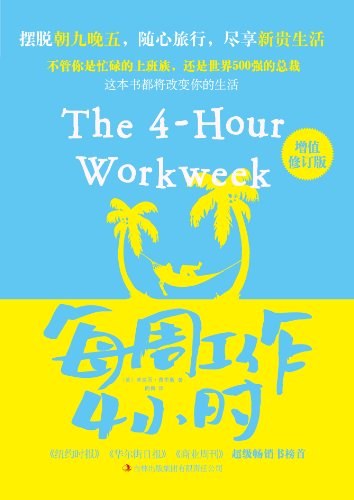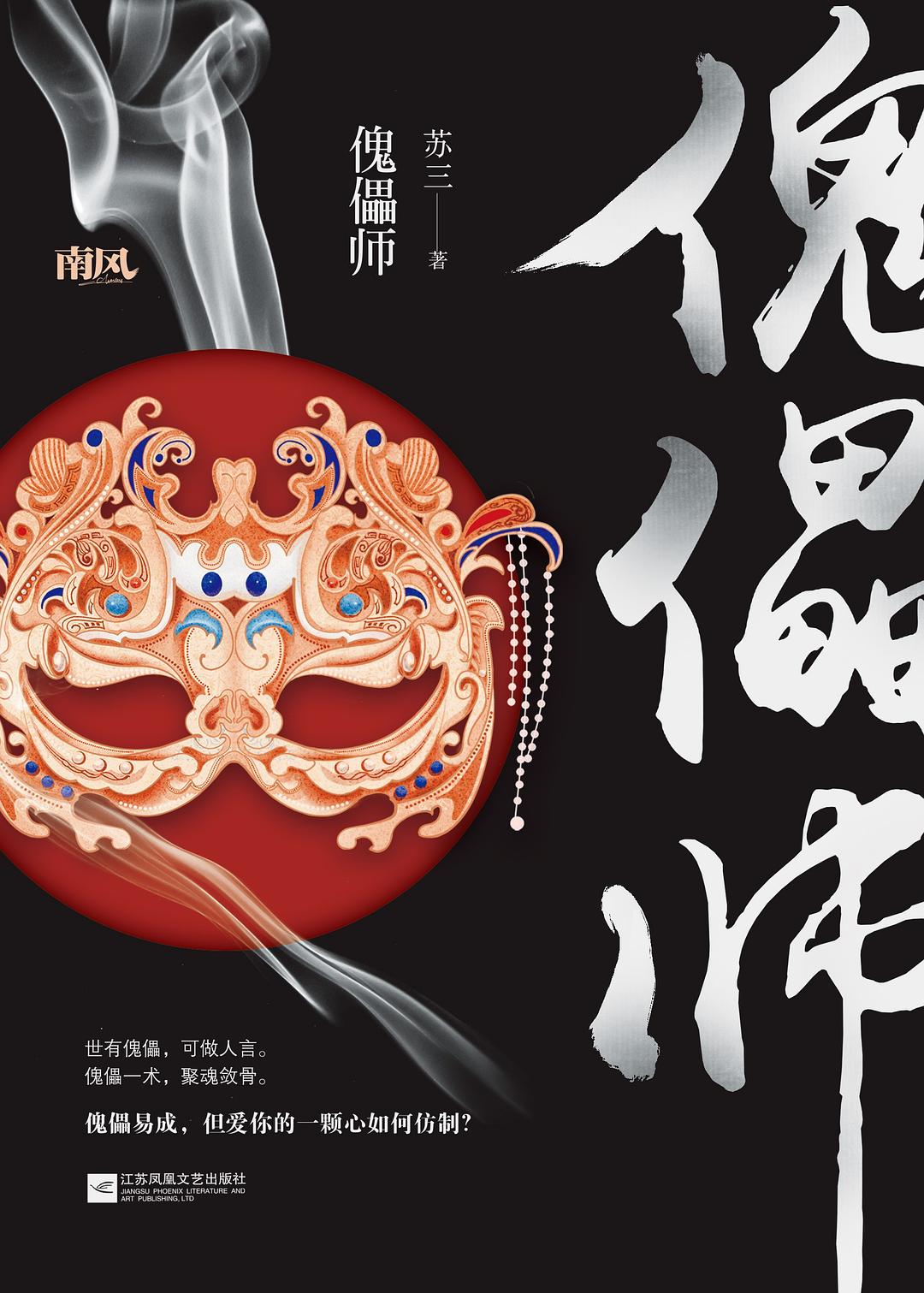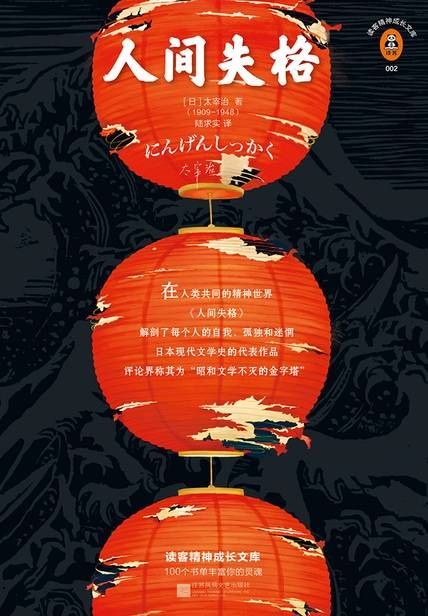
《每周工作4小时》每周4小时工作实用方法
书名:每周工作4小时
1
0

恒大冰泉 2023-10-31 13:56:15
Notes:
In this passage, the author discusses several concepts related to productivity and lifestyle design. They explore ideas such as the definition of laziness, the difference between the "New Rich" and those who delay their lives, the measurement of true value, the need to question and reevaluate our actions, the importance of selective ignorance, and the advantages of mini-retirements.
1、懒惰的新定义——21世纪的“焦郁碌”=懒人
The author defines laziness as tolerating an unsatisfactory situation, allowing external factors to control ones life, or accumulating wealth without living a fulfilling life.
2、新贵vs延期生活者
The "New Rich" (NR) prioritize personal fulfillment and freedom over traditional notions of success. They work on their own terms, take regular breaks or mini-retirements, and focus on quality over quantity in their possessions and experiences. In contrast, the Delayed Lifers (D) believe in working hard and accumulating wealth to retire early or live a life of luxury.
3、真实价值的衡量法则
The "W" factor, which stands for What, When, Where, and Whom, determines the actual value of money. The author suggests focusing on the essential aspects of life and making deliberate choices to maximize value and freedom.
4、抛弃成见,改变规则
To achieve a more fulfilling life, the author suggests letting go of old beliefs and changing the rules that govern our lives. This involves redefining concepts such as laziness, embracing selective ignorance, and challenging societal norms.
5、一些残酷的真相:
The author presents several harsh truths, such as the misconception of retirement as a goal, the misconception that doing less means laziness, the inaccuracy of planning and waiting for the perfect moment, and the importance of being a troublemaker and embracing positive stress.
6、消除恐惧才能行动
The author advises confronting and overcoming our fears to take action. By envisioning the worst-case scenarios, considering possible outcomes, and recognizing the cost of inaction, we can move forward and celebrate our courage and progress.
7、80/20法则
The author introduces the 80/20 rule, also known as the Pareto Principle, which states that 80% of the results come from 20% of the efforts. By focusing on the most important tasks and prioritizing quality over quantity, we can increase efficiency and productivity.
8、帕金森法则
The Parkinsons Law suggests that the importance and complexity of a task are directly proportional to the time allotted for its completion. By setting tight deadlines and focusing on the essential aspects, we can increase productivity and avoid unnecessary delays.
9、培养选择性忽视的能力
The author encourages developing the ability to selectively ignore irrelevant and trivial information in order to focus on what matters most. By reducing information intake, managing distractions, and maintaining a low information diet, we can increase our effectiveness and efficiency.
10、练习不完成的技能
The author suggests that not every task needs to be completed. By prioritizing and focusing on the most important tasks, we can let go of perfectionism and avoid unnecessary commitments.
11、拒绝的艺术
The art of saying no is discussed, emphasizing the importance of setting boundaries, managing time commitments, and prioritizing essential tasks. By learning to say no and negotiating alternative solutions, we can maintain our focus on what truly matters.
12、避免开会
The author advises minimizing unnecessary meetings and using alternative communication methods, such as email, to avoid time-consuming and unproductive gatherings. By setting time limits, prioritizing essential discussions, and questioning the necessity of meetings, we can increase efficiency and productivity.
13、专家的本质
The concept of expertise is discussed, highlighting the importance of demonstrating skills and knowledge through practical experience, client feedback, and results rather than relying solely on qualifications or academic degrees.
14、迷你退休
The concept of mini-retirements is introduced as a way to distribute retirement throughout ones life rather than waiting until the end. The author suggests taking breaks or extended periods to work or experience different places, reassess priorities, and live a more fulfilling life.
15、不要掉进完美主义陷阱。
The dangers of perfectionism are discussed, emphasizing the importance of focusing on achieving excellence in some areas while accepting good results in others. By understanding the impossibility of perfection, we can avoid the trap of endless striving and increase productivity.
相关推荐
萤火谷的梦想家
艾莉森•麦吉出生于1960年,是美国《纽约时报》畅销书作家,同时也是大都会州立大学创意写作课的教授。她的作品被翻译成20多种语言并出版,也曾被提名普利策奖,并获得苏斯博士奖金奖、克里斯托弗图书奖、美国 [美]艾莉森•麦吉/[美]克里斯托弗•丹尼斯/绘 2023-03-27 16:50:25鬼马女神捕1·绝密卧底(上)
腹黑凤凰vs毒舌鸡妖——蓝翎:“小姬,跟我去人界吧!”姬十四:“干吗?让人宰了我做小鸡炖蘑菇吗?”蓝翎:“不啊,让妖怪宰了你做小鸡炖蘑菇更气派。”凤凰蓝翎和鸡妖姬十四生活在无忧无虑的灵界。他们的故乡叫 郝天晓 2023-04-17 00:22:47© 2023-2025 百科书库. All Rights Reserved.












发表评价